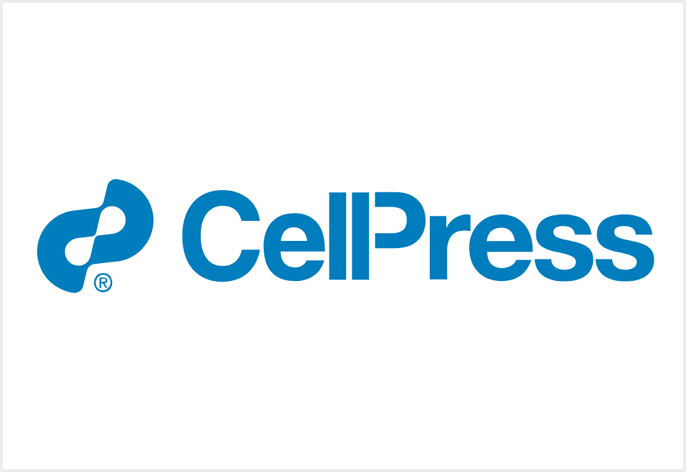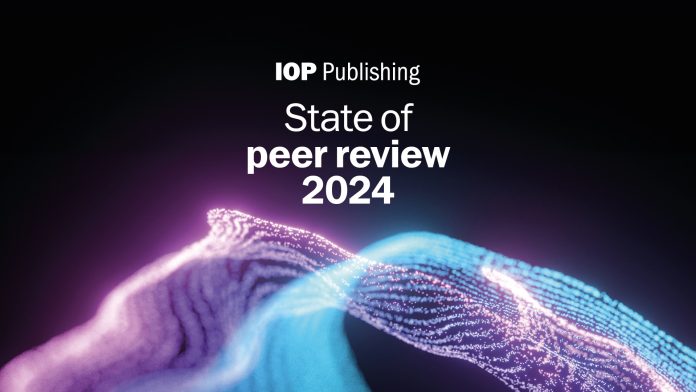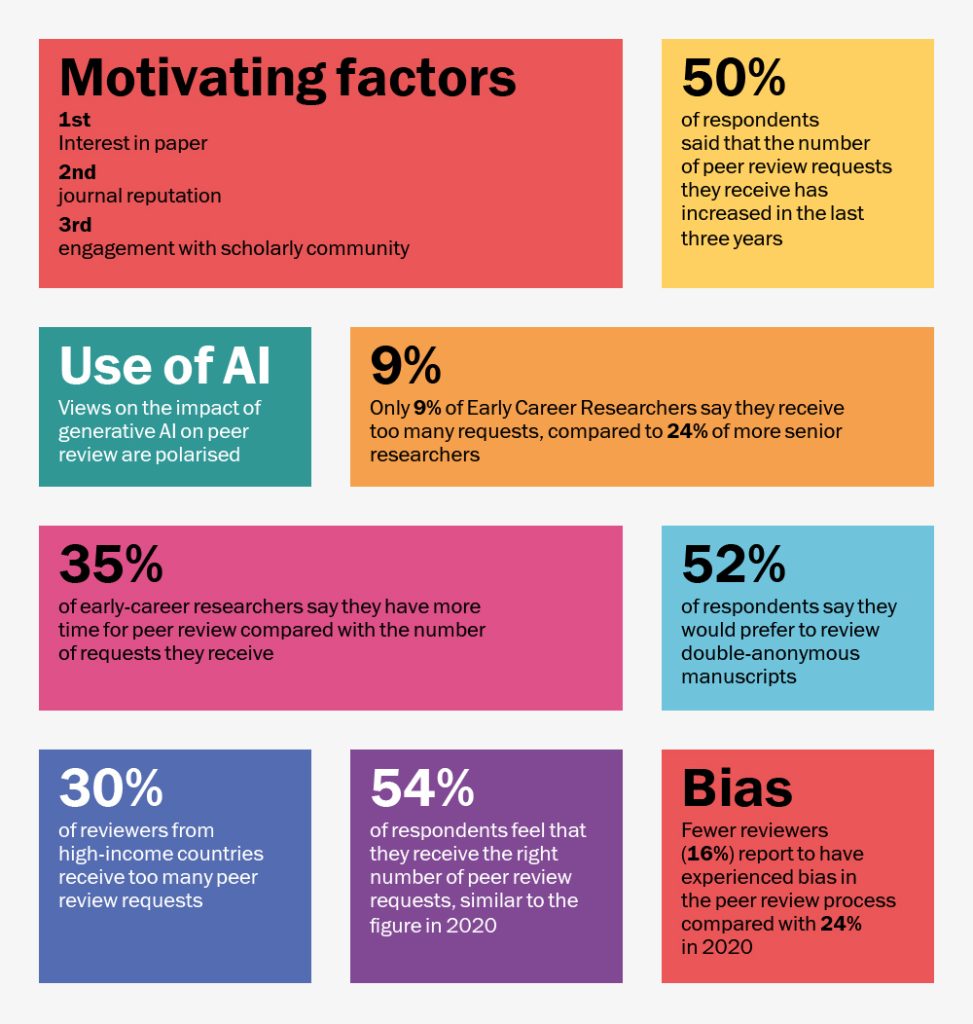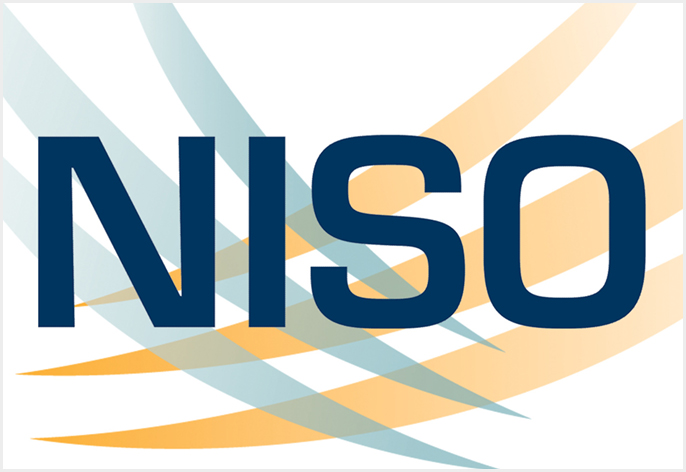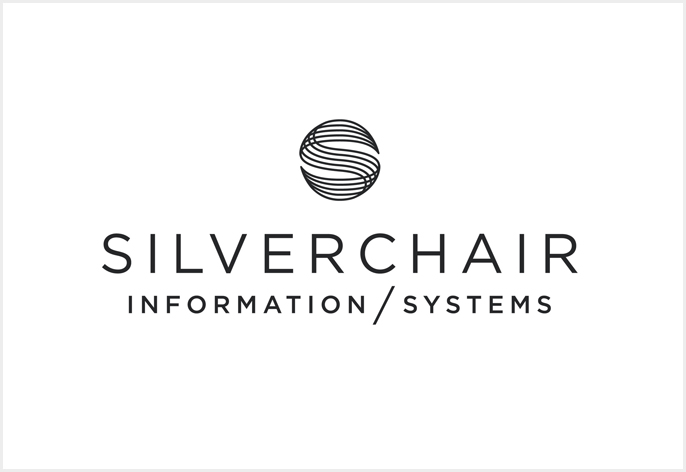As part of the ongoing commitment to an open future, De Gruyter is pleased to announce a new partnership with the OA Switchboard, a collaborative initiative designed to simplify and streamline the sharing of information about open access publications between institutions, libraries, funders, and publishers. The organization offers standardized exchange of metadata about OA publications throughout the publication journey and operates the supporting shared open infrastructure.
As of May 1st, 2024, automatic and real-time notifications of open access articles published in all De Gruyter journals will be send to affiliated stakeholders active within the OA Switchboard. The standardized and structured delivery of metadata enables libraries and institutions to process and analyze publication data across publishers and feed these into their own systems and workflows.
This service is vital for the transparent reporting around De Gruyter’s growing portfolio of open access journals of all publishing models, and additionally to inform libraries about their affiliated authors benefiting from open access publication within De Gruyter’s Subscribe to Open (S2O) journals, the main model aiding in the publishers large scale transformation to open access.
“We are delighted that we can now offer our library customers and consortia a clear and smooth solution for managing and integrating article output metadata. Our cooperation with the OA Switchboard enables scalable and automated reporting, which is invaluable for the success of our open access transformation plan,” said Ben Ashcroft, Chief Commercial Officer, De Gruyter Brill.
Yvonne Campfens, Executive Director at the OA Switchboard, comments: “As an intermediary, the OA Switchboard simplifies the sharing of standardized metadata between publishers, institutions, and funders, regardless of business model. The more stakeholders connect, the better the service for everyone. We aim to make the ecosystem work better for all and are delighted to have De Gruyter participate in the initiative.”
The OA Switchboard is a mission-driven, community led initiative designed to simplify the sharing of information between stakeholders about open access publications throughout the whole publication journey. It provides a standardised messaging protocol and shared infrastructure that is designed to operate and integrate with all stakeholder systems. It is built by and for the people who use it and is leveraged with existing PID’s.
























